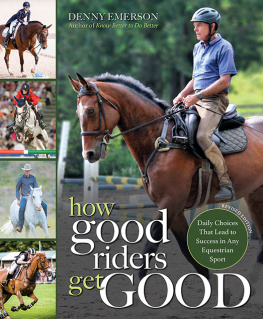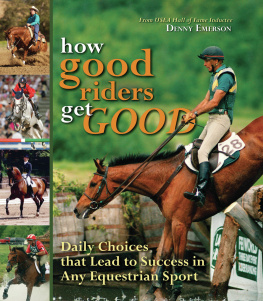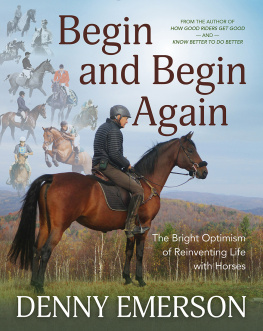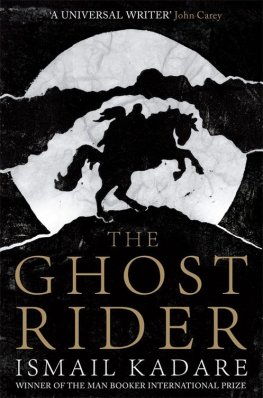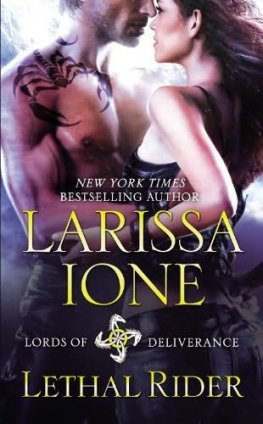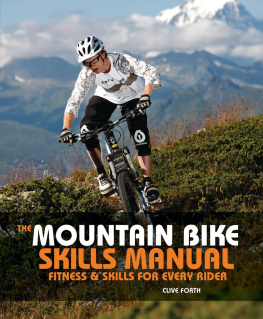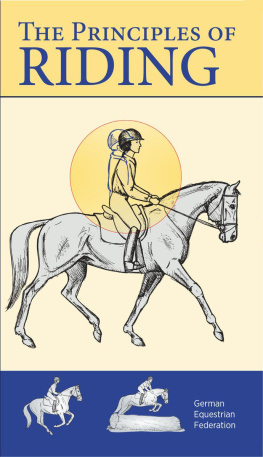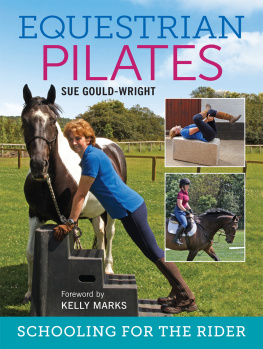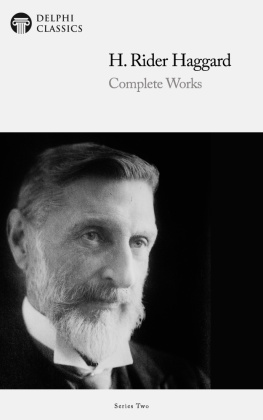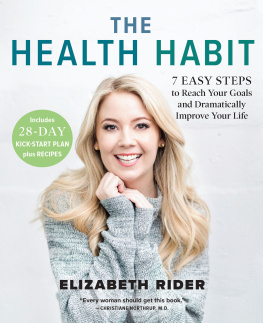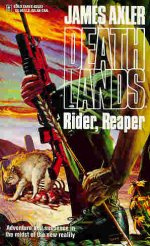How Good Riders Get Good
Also by Denny Emerson:
Know Better to Do Better
How Good Riders Get Good
Daily Choices That Lead to Success in Any Equestrian Sport
DENNY EMERSON
First published in 2011 by
Trafalgar Square Books
North Pomfret, Vermont 05053
Revised edition 2019
Copyright 2011, 2019 Denny Emerson
All rights reserved. No part of this book may be reproduced, by any means, without written permission of the publisher, except by a reviewer quoting brief excerpts for a review in a magazine, newspaper, or Web site.
Disclaimer of Liability
The author and publisher shall have neither liability nor responsibility to any person or entity with respect to any loss or damage caused or alleged to be caused directly or indirectly by the information contained in this book. While the book is as accurate as the author can make it, there may be errors, omissions, and inaccuracies.
The author and publisher have made every effort to obtain a release from photographers whose images appear in this book. In some cases, however, the photographers were not known or could not be contacted. Should additional photographers be identified, they will be credited in future editions of this book.
Trafalgar Square Books encourages the use of approved safety helmets in all equestrian sports and activities.
Library of Congress Cataloging-in-Publication Data
Emerson, Denny.
How good riders get good : daily choices that lead to success in any equestrian sport / Denny Emerson.
p. cm.
Includes index.
ISBN 978-1-57076-961-0
1. Horsemanship. I. Title.
SF309.E64 2011
798.2--dc22
2010046900
Book design by Carrie Fradkin
Cover design by RM Didier
eBook design by Prabhati Content
Typefaces: Berkeley, Myriad
Front cover photos: Main photo by May Emerson; top and bottom inset by Shannon Brinkman; middle top inset by Cealy Tetley; middle bottom inset by Robin Duncan. Back cover photos: Top TIEC; bottom by Jenni Autry.
Printed in China
10 9 8 7 6 5 4 3 2 1
Dedication
This book is dedicated to the memory of my parents, Edward and Margaret; to my wife, May; and to my sons, Rett and Jamiemy Support Network, past and present.
Contents
Chapter 1
Wannabes vs. Gonnabes
Chapter 2
The Riding Sport Thats Right for You
Chapter 3
Dealing with the Cards You Hold
Chapter 4
No Man Is an Island
Chapter 5
Nine Character Traits of a Successful Rider
Chapter 6
The Body You Choose to Ride With
Chapter 7
Swim (or Flounder) in the Vast Sea of Horse Knowledge
Chapter 8
The Horse: A Rowboat or a Yacht?
Chapter 9
A Quiver Full of Arrows
Acknowledgments
Thanks to all who have made this book possible:
Caroline Robbins and the whole staff at Trafalgar Square, for twenty years of urging and support to put these thoughts into the form of a book.
My editor, Sandra Cooke, who patiently walked me through the whole process, and who conducted the interviews of the twenty-three Good Riders profiled in the first edition of this book.
My familyMay, Rett, and Jamiefor their ongoing support.
The memory of my past teachersJoe McLaughlin, HLM Van Schaik, Lockie Richards, Sally Swift, Jack Le Goff, and Walter Christensen.
The twenty-three great riders, drivers, and trainers who showed us how good riders get goodSandy Collier, Buck Davidson, Jonathan Field, Laura Graves, Anne Gribbons, Liz Halliday-Sharp, Mary King, Daryl Kinney, Laura Kraut, Leslie Law, Beezie Madden, Sinead Maynard, Scott Monroe, Devin Ryan, Marsha Hartford Sapp, Jane Savoie, Havens Schatt, Louise Serio, Meg Sleeper, James Stierhoff, Roxie Trunnell, Dani Waldman, and Peter Wylde.
Allen Leslie for fifty-five years of friendship and support.
Priscilla Endicott for opening so many doors.
Preface
When people learn that Ive written a book, usually their first question is, Whats it about?
Do you know those vast old hotels, the kind they built in the nineteenth century, with wings in every direction, and halls in each wing, and doors in each hall? Imagine that hotel represents the vast world of horses, and that each of those wings and halls and doors represent choices we can make within that horse world.
A wing might stand for a large choice, such as a discipline or breed. A hall might be who I choose as my instructor, which horse I buy, where I choose to live, and each door I open represents still other choices that flow from the larger choices that Ive already made.
This book is about the phenomenon that the choices some riders make open doors to proficiency and great success, while the choices others make close them.
This book is about how some riders are good because theyve made good choices, and its about how you can make good choices, too. We all have to make choices every day, and on these pages you can find out how to make the right choices, no matter which horse sport or breed you happen to prefer.
The reason it doesnt matter which riding discipline you choose is because the phrase good rider can mean different things to different riders. We tend to judge people through the prism of our own experiences. In a stanza from the poem Two Tramps in Mudtime, Robert Frost recounts how two loggers evaluated his performance as he split firewood:
Men of the woods and lumberjacks,
They judged me by their appropriate tool.
Except as a fellow handled an ax,
They had no way of knowing a fool.
People judge one another by their appropriate tool, as Frost says, and in a riders case, thats likely to be the kind of horse she rides, and the type of riding she does. A Grand Prix dressage rider is likely to think about dressage riders when she decides who is or isnt good, just as a reiner is apt to evaluate fellow reiners. It would be unusual to ask a Maryland Hunt Cup jockey who he thinks is a good rider, and have him start talking about a rider of American Saddlebreds who shows in park classes. Their worlds dont even intersect.
It is my desire that this book applies to all riding worlds. I hope you use the many examples that follow to help guide you as you make choices in the days and years to come. If you make them wisely, they can propel you forward toward your goals and bring you to wonderful conclusions.
Denny Emerson
Wannabes vs. Gonnabes
What Makes the Difference?
Why should I be presumptuous enough to think I have anything to tell you about how to become a better rider?
Heres the answer: Ive been involved with horses for almost sixty years. Ive competed in trail riding, saddle seat, hunters, jumpers, eventing, and dressage. My primary career has been as an eventer, but Ive competed in the National Morgan Show, Ive ridden in point-to-point races, Ive done endurance riding and completed the 100-Mile Tevis Cup. Ive ridden Quarter Horses, Arabs, Paints, Thoroughbreds, Morgans, and Warmbloods.

